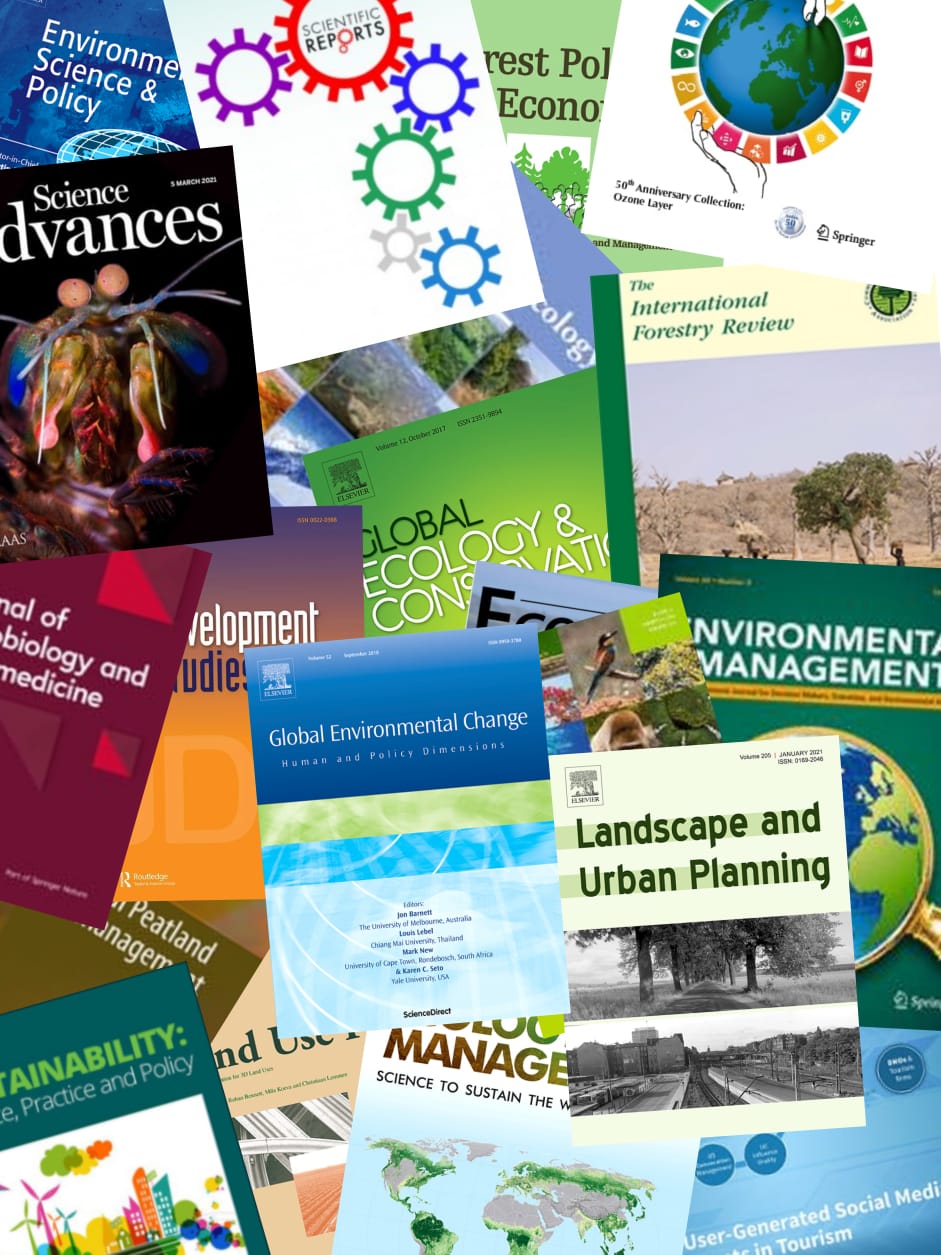The Vietnamese Mekong Delta (VMD) comprises extensive river and canal networks, both natural and man-made, and has a history of extensive land use change and development. The delta’s wetlands are under considerable ecological stress because of hydrological changes, agricultural and aquaculture development, urban and industrial pollution, climate change, and upstream water resource development. In this paper, we review the current threats and challenges to the conservation and management of the wetlands in the VMD. We recommend that the current water management practices of the Ramsar-listed Lang Sen Wetland Reserve are changed so that the natural flood regimes are reinstated and the risks to the community from forest fires are managed. Ongoing investment is needed to support further research, set up long-term monitoring, and to develop hydrodynamic models for the Lang Sen Wetland Reserve so that management and conservation efforts can achieve the specific objectives for the wetland. This approach may be useful for managing other wetlands across the VMD. © 2017, The Ecological Society of Japan.
View source

